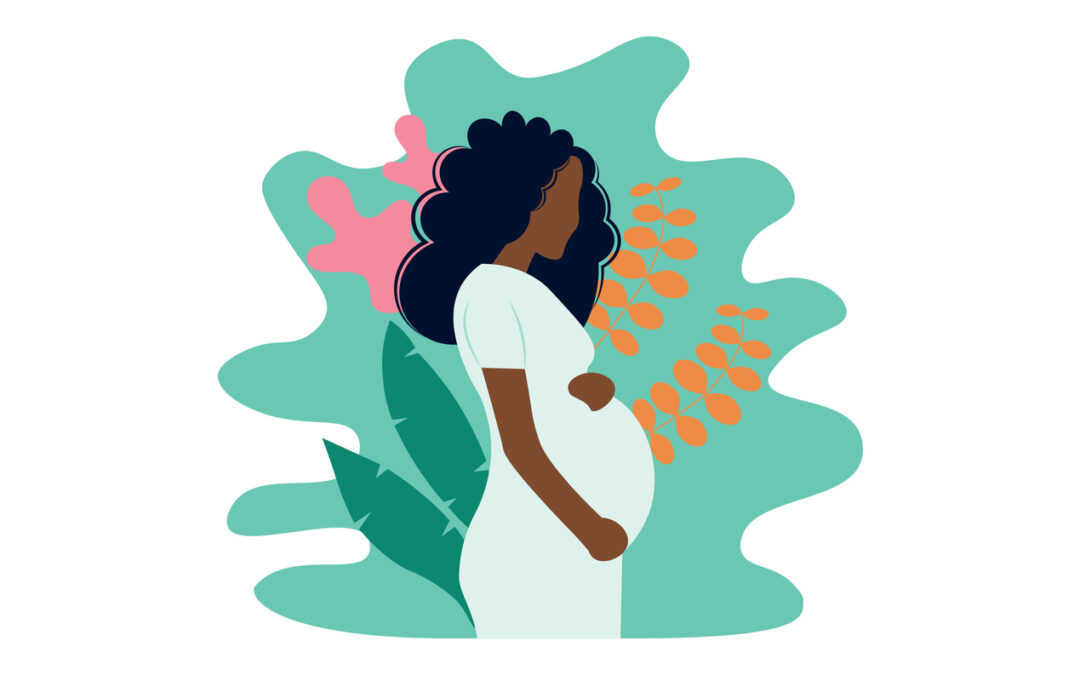Uterine fibroids are non-cancerous tumors that can develop inside the uterus. Some women with fibroids experience severe side-effects, that can affect their quality of life and overall health. Pain, heavy periods, and frequent urination are common, but infertility is definitely the most important one. Not all patients with uterine fibroids are infertile, however, this condition can severely affect the possibility of getting pregnant.
Uterine fibroids: how they can affect your fertility and your pregnancy
Uterine fibroids are masses that can develop in the uterus, which can differ in size and location. The more fibroids a woman has, especially if they are larger in size, the more likely they are to impact her fertility. In particular, they can obstruct the fallopian tubes or distort the uterine cavity, making fertilization, implantation, and carrying a pregnancy to full-term more difficult. Moreover, they can also affect hormones which are important for both fertility and pregnancy itself. Even so, there is no clear evidence that uterine fibroids are a direct cause of infertility, but most doctors and scientists agree they can affect the process of getting pregnant.
Just as research about the connection between uterine fibroids and infertility is uncertain, there is also doubt around the topic of uterine fibroids during pregnancy. The good news is most women with fibroids will have uneventful pregnancies. However, while the majority of fibroids do not change drastically during pregnancy, one-third may increase in size in the first trimester, which could lead to an increased risk of complications such as:
- Spontaneous miscarriage (causing the end of pregnancy before 20 weeks)
- Preterm birth
- Breech birth
- C-section deliveries
Fibroids during pregnancy: how to treat them
The treatment of uterine fibroids during pregnancy is very limited, to avoid increased risk to the fetus. In most cases, doctors may prescribe pain relievers, hydration, and bed rest to manage mild symptoms. However, in very rare cases, doctors might perform a myomectomy, during the second half of the pregnancy, to remove fibroids from the uterus, without damaging it.
Generally, doctors advise treating uterine fibroids before an eventual pregnancy to improve fertility and reduce the risk of difficult pregnancies. The procedures for the treatment may vary and include myomectomy, hormonal birth control pills, and Gonadotropin-releasing hormone (Gn-RH) agonists.
While there is some evidence of uterine fibroids causing complications, most women are able to have healthy pregnancies even with fibroids. Therefore, your pregnancy simply needs to be monitored carefully by an expert to ensure you are able to properly manage any symptoms and to stay healthy through full-term.
Sitography
- https://www.ncbi.nlm.nih.gov/pmc/articles/PMC3608270/
- https://www.mayoclinic.org/fibroids-and-fertility/vid-20509513
- https://www.fibroid.com/about-fibroids/fibroids-pregnancy/
- https://www.healthline.com/health/womens-health/fibroids-pregnancy#treatment

Recent Comments